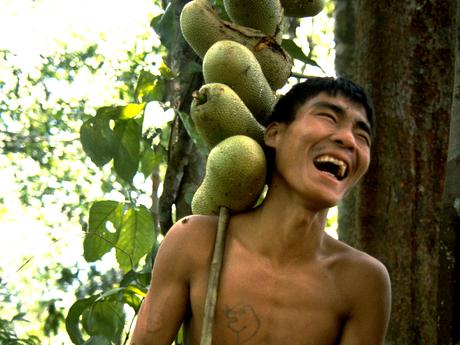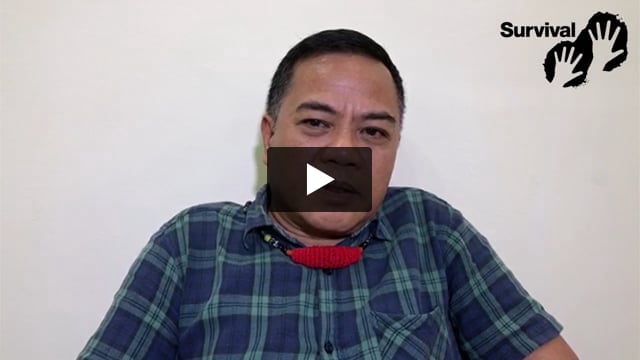Report demands EU-Malaysia timber deal guarantees Indigenous rights
April 27, 2010
 © Andy Rain/Nick Rain/Survival
© Andy Rain/Nick Rain/SurvivalThis page was last updated in 2010 and may contain language which is now outdated.
A report by a Malaysian Indigenous network has urged the European Union not to sign a ‘voluntary partnership agreement’ on timber with Malaysia unless it ‘forces’ the Malaysian government to recognize the rights of Indigenous people to their land.
Malaysia is currently trying to negotiate an agreement to have the EU accept a voluntary commitment that its timber will meet EU legal standards. But Malaysian Indigenous people say such a deal cannot be legitimate as long as their government allows timber companies to rob them of their land.
Malaysian logging companies are rapidly destroying the forests belonging to Indigenous people, especially in the state of Sarawak in the Malaysian part of Borneo. Sarawak is home to the hunter-gatherer Penan tribe, famous for blockading logging roads to try to keep the companies out.
One Penan man told Survival, ‘The development that we really want is the virgin forest. We wish that the forest won’t be destroyed and cleared because without it we cannot live.’
The Indigenous and environmental network JOANGOHutan has released a report detailing the systematic theft of Indigenous peoples’ land for logging in Sarawak. The Sarawak state government fails to recognize Indigenous rights, despite international law and a series of rulings in the Malaysian courts affirming those rights.
Many Penan have seen their forests destroyed despite their protests, and have difficulty feeding their families since logging has driven away the animals they hunt and polluted the rivers they fish in.
In areas where logging has depleted the forests so much that the industry is no longer profitable, the companies are establishing palm oil plantations, leaving the Penan and other tribes even more impoverished.
The JOANGOHutan report asserts, ‘In order for the ongoing FLEGT-VPA [the voluntary partnership agreement] negotiations between Malaysia and the EU and the VPA to be legitimate, it must include the recognition of Indigenous peoples’ customary and collective rights over their lands and territories, [and] respect for their adat (or customs).’




